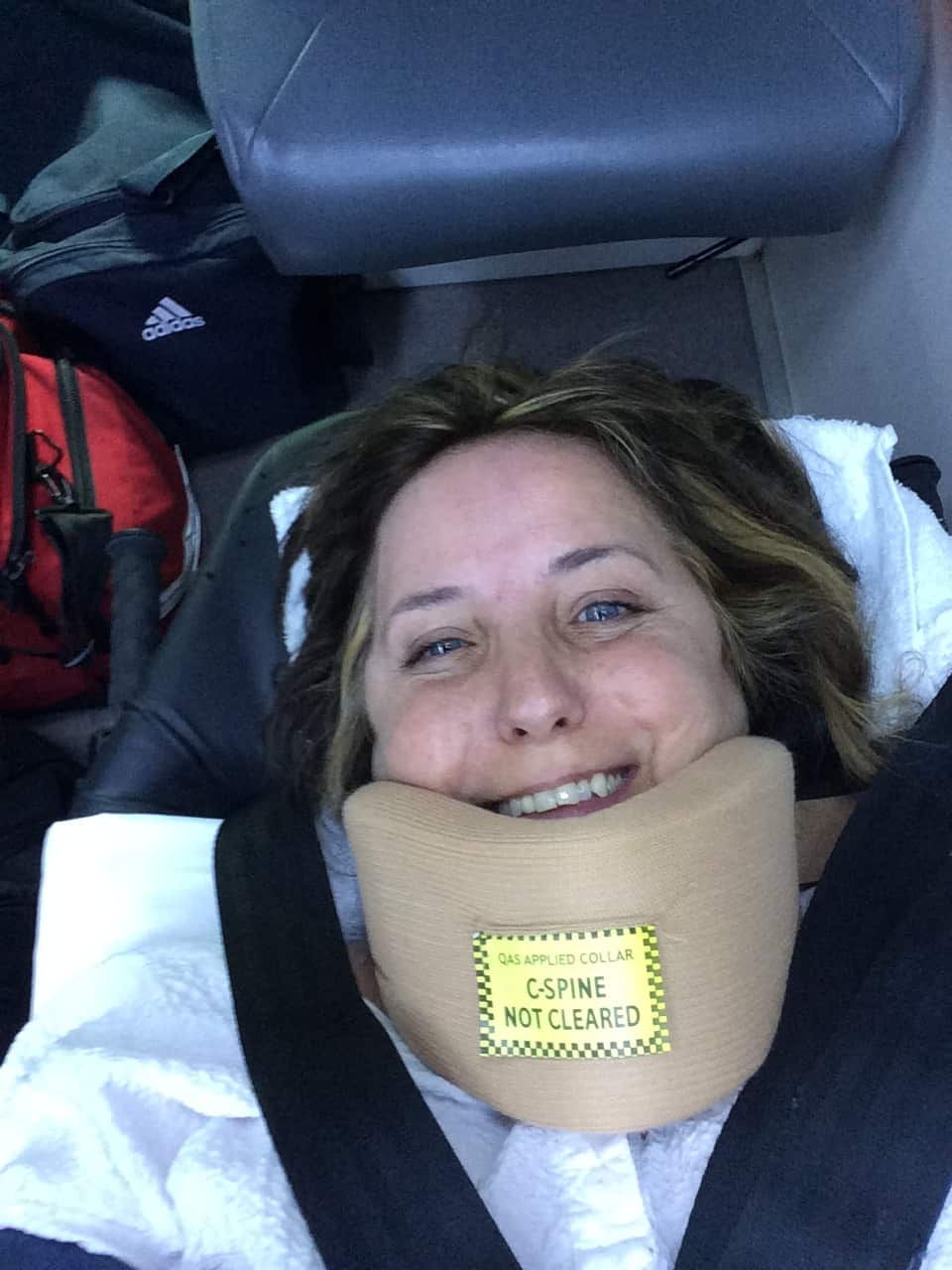Two years ago, Alex Fullerton, now 51, was in an accident that saw her thrown off a motorcycle along with her husband.
While she momentarily lost consciousness after hitting her head on the road, doctors told her that wearing a helmet meant she only sustained a mild concussion.
When weeks passed and symptoms lingered, Alex returned to a doctor and received a diagnosis of post-concussion syndrome – which meant a prolonged experience of symptoms.
“I was told within six months it should get better but it never did. They discovered I have a mild acquired brain injury,” Alex says.
Alex now sleeps for 14 hours a day, a reduction from the 20 hours she slept initially after the accident.
“We keep muddling along but it’s such an insidious problem because from the outside you can’t tell there is anything wrong with me,” she says.

Memory loss, severe fatigue, dizziness, tunnel vision, slow speech and migraines are now a part of Alex’s daily experience.
“I can’t remember words and I run a publishing company so I couldn’t have had a more poorly placed injury. I’ve had to restructure my entire business,” she says.
“I am trying to help my kids through school but I can’t string a sentence together.”
Alex now works a few efficient hours each morning before returning to sleep. Once her daily errands are over, she says there is little time to do much else.
“After you’ve had it for a while it becomes normal but I’ve had to prioritise what’s important to me,” she says.
A new possibility
A drug being developed in Australia could significantly help people who suffer a traumatic brain injury.
The drug, which is being researched at James Cook University in Queensland, was initially designed for the US military to treat haemorrhagic shock on the battlefield. The promising results found that it could also be effective to treat other traumatic brain injuries.
The new medicine could have widespread application for one-punch assault victims, sports players and people involved in road accidents.
The experimental test showed increased survival and brain blood flow, a 70 per cent reduction in inflammation, and a 70 per cent reduction in brain injury markers released into the blood after a traumatic brain injury.
The drug would be effective when administered immediately after the accident, before hospital intervention, in an attempt to centralise the injury.
James Cook University’s Professor Geoffrey Dobson says the new medicine could be used for people like Alex who receive a traumatic brain injury, which is defined as a blow or jolt to the head or a penetrating or blast injury that disrupts the function of the brain.
Professor Geoffrey predicts the drug could be administered intravenously, or through a patch with Nano needles, before a person is taken to a hospital.
Trials with the US military and American civilians are expected to begin at the end of the year.
Insight is Australia's leading forum for debate and powerful first-person stories offering a unique perspective on the way we live. Read more about Insight
Have a story or comment? Contact Us


